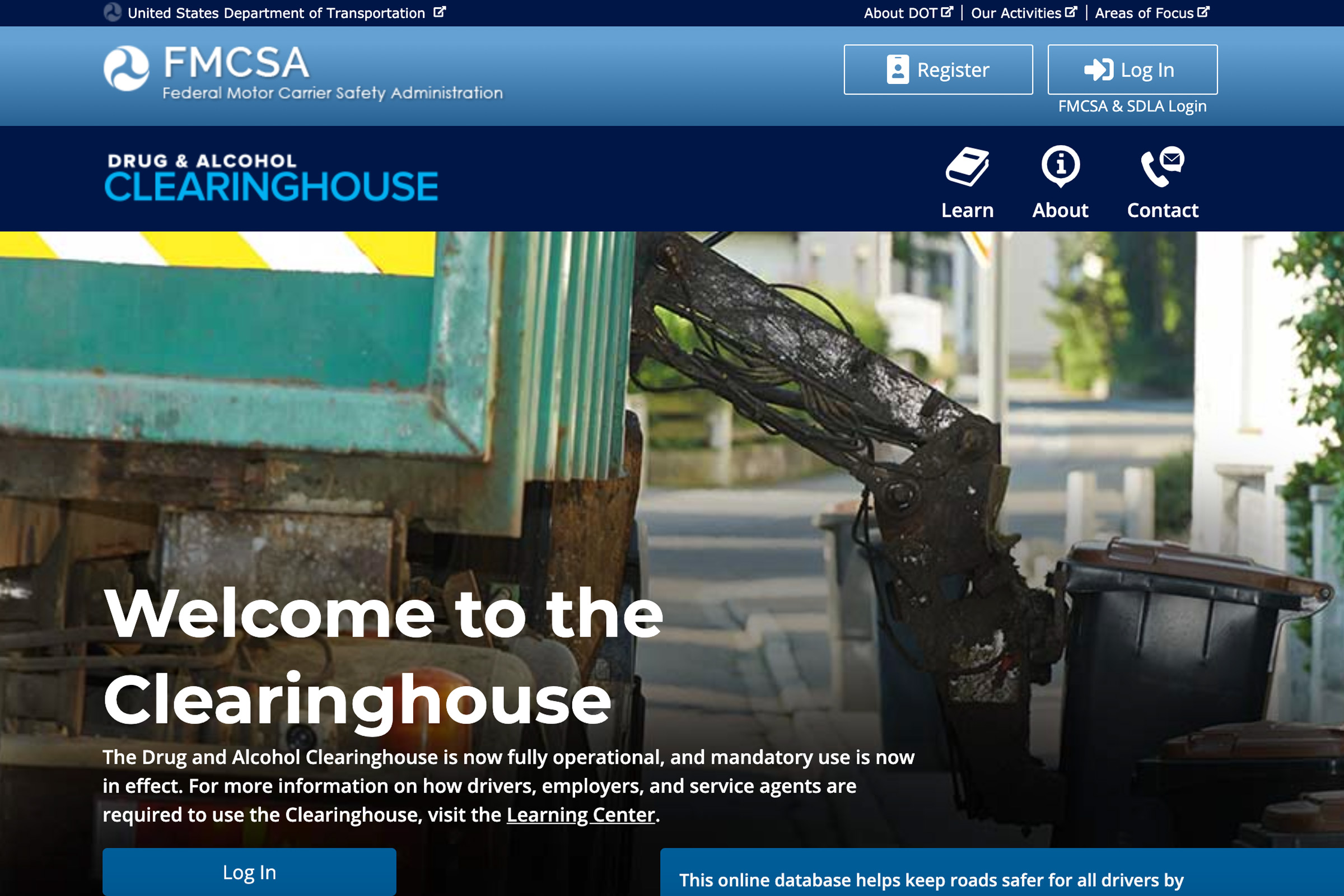Keep Calm and Adapt to Change

Change is inevitable. Sometimes it is for the better and other times it may not be. However, how you respond to change can have a big impact on your personal happiness and the happiness of those around you, including your family, friends, coworkers, and customers.
Read the information below to learn about how to adapt to change. Afterwards, try putting some of these suggestions into practice.

LOOK AT THE POSITIVES
Step back for a moment and consider how the new change could be good for you. For example, many drivers were resistant to electronic logging devices at first, but when they became more familiar with the software, they discovered it actually made their jobs easier. Change can be good thing, so try to remain optimistic.

EMBRACE CHANGE
Change is a part of life, so do not get too attached to the status quo. Seeing the positives and embracing the change can help you let go of any anxieties and stress and allow you to move forward. For example, you may be used to driving a specific route each day, but if your dispatcher asks you to take a one-time load that deviates from that route, be professional and polite about it.

SET NEW GOALS FOR YOURSELF
When faced with change, try pivoting from your established routine and set new goals for yourself with set milestones. For example, suppose you are assigned a new tractor. Do not get upset about it. Instead, challenge yourself by setting a fuel-savings goal and see if you can achieve it. You may find this test rewarding, and it keeps your mind from dwelling on the past.

COMMUNICATE YOUR CONCERNS

FOCUS ON WHAT YOU CAN CONTROL
Some changes are simply out of your control and you have no choice but to adapt. If this is the case, do not get worked up about what you cannot control. Try focusing on what is in your control and let go of the other stuff.
For example, arriving at the shipper’s facility and having to wait to be loaded may be out of your control. Instead of getting worked up about it, call your dispatcher and let them know the situation. They can call the receiver for you so you do not have to worry about it.

RELAX
Mahatma Gandhi said, “There is more to life than increasing its speed.” When faced with change, even at its most intense moments, try to take a calming breath and relax. No problem is worth sacrificing your mental and physical health, so give yourself a break.
The information in this article is provided as a courtesy of Great West Casualty Company and is part of the Value-Driven® Company program. Value-Driven Company was created to help educate and inform insureds so they can make better decisions, build a culture that values safety, and manage risk more effectively. To see what additional resources Great West Casualty Company can provide for its insureds, please contact your safety representative, or click below to find an agent.
© Great West Casualty Company 2023. The material in this publication is the property of Great West Casualty Company unless otherwise noted and may not be reproduced without its written consent by any person other than a current insured of Great West Casualty Company for business purposes. Insured should attribute use as follows: “© Great West Casualty Company 2023. Used with permission by Great West Casualty Company.”
This material is intended to be a broad overview of the subject matter and is provided for informational purposes only. Great West Casualty Company does not provide legal advice to its insureds, nor does it advise insureds on employment-related issues. Therefore, the subject matter is not intended to serve as legal or employment advice for any issue(s) that may arise in the operations of its insureds. Legal advice should always be sought from the insured’s legal counsel. Great West Casualty Company shall have neither liability nor responsibility to any person or entity with respect to any loss, action, or inaction alleged to be caused directly or indirectly as a result of the information contained herein.




